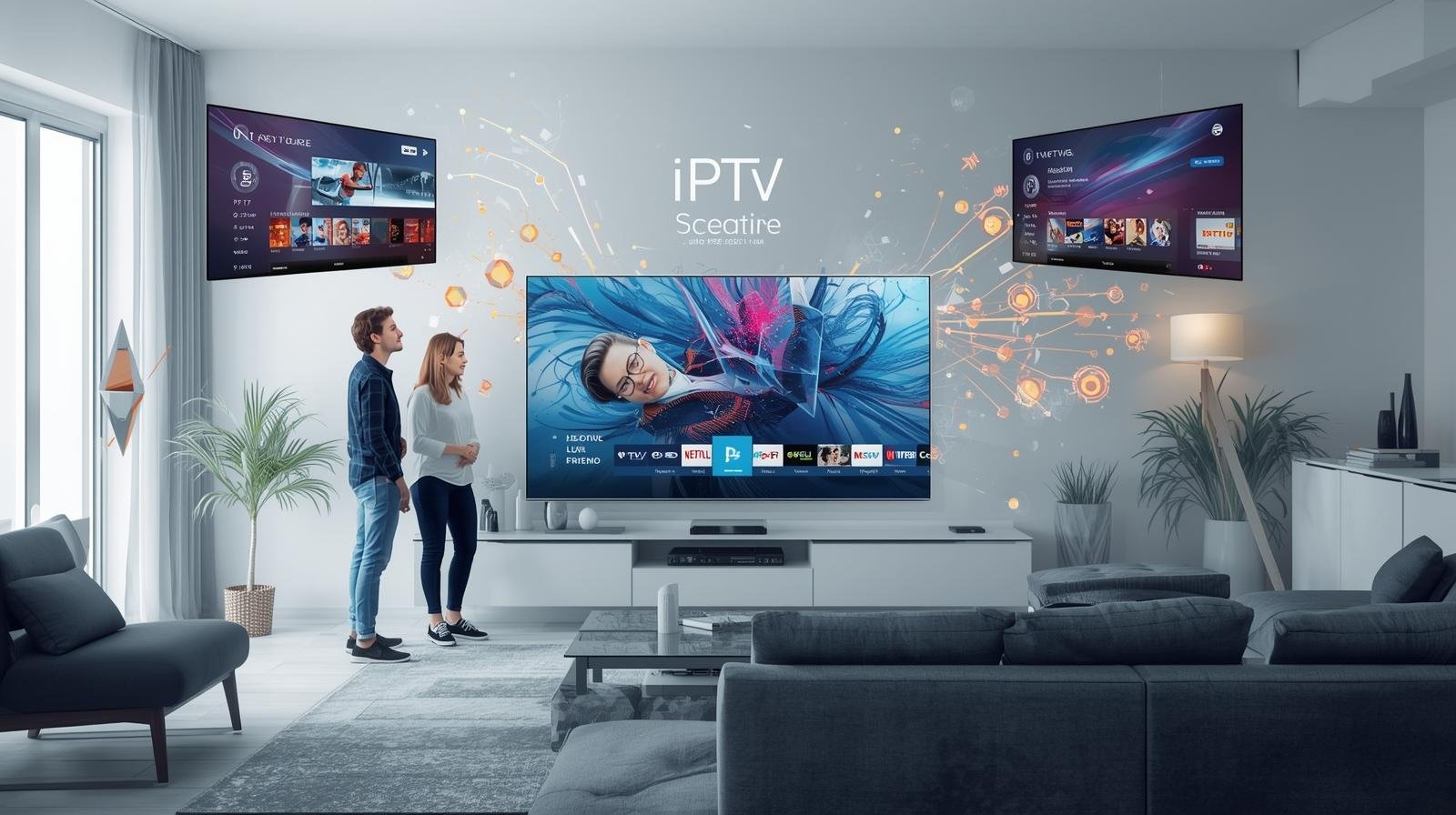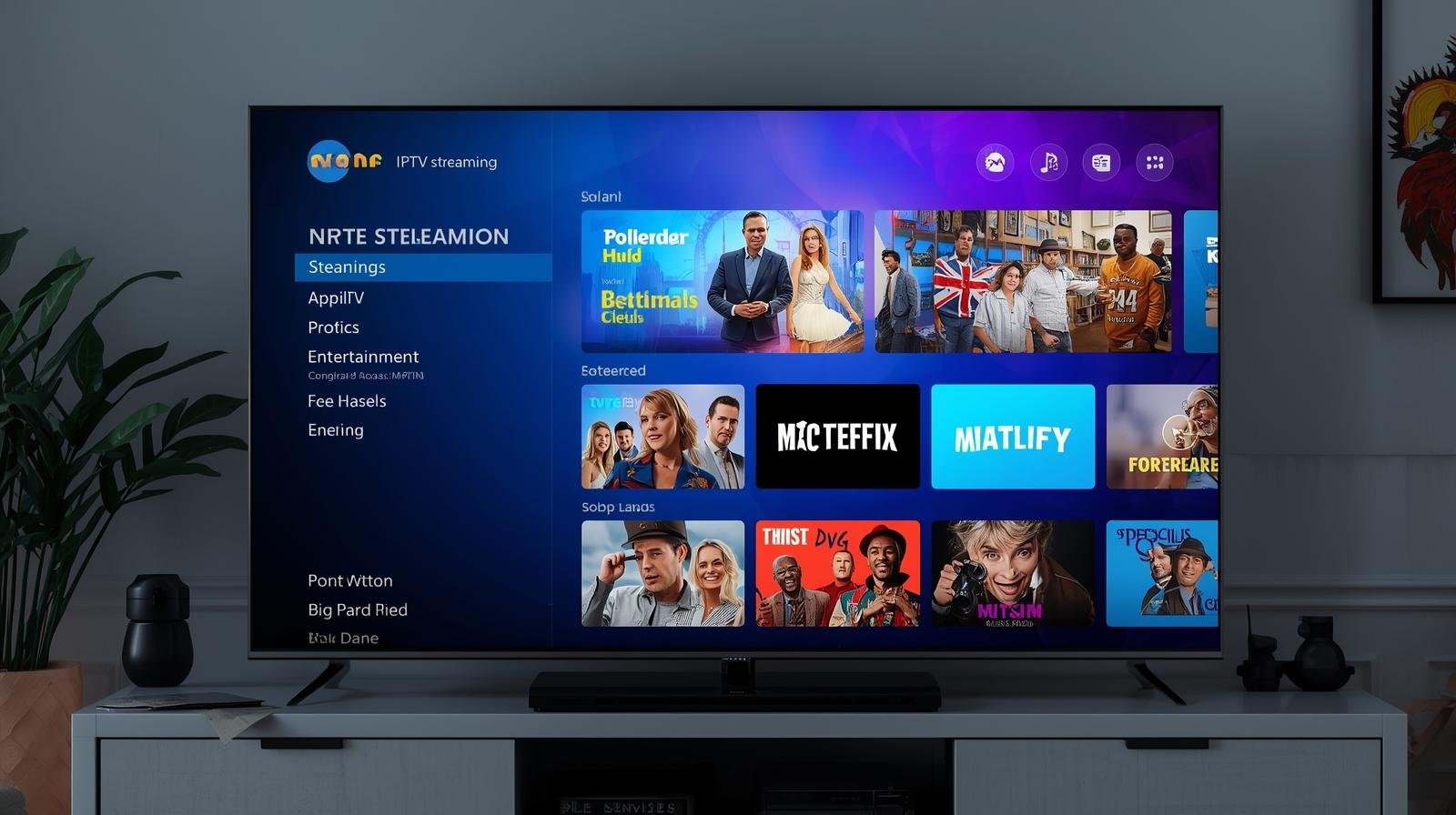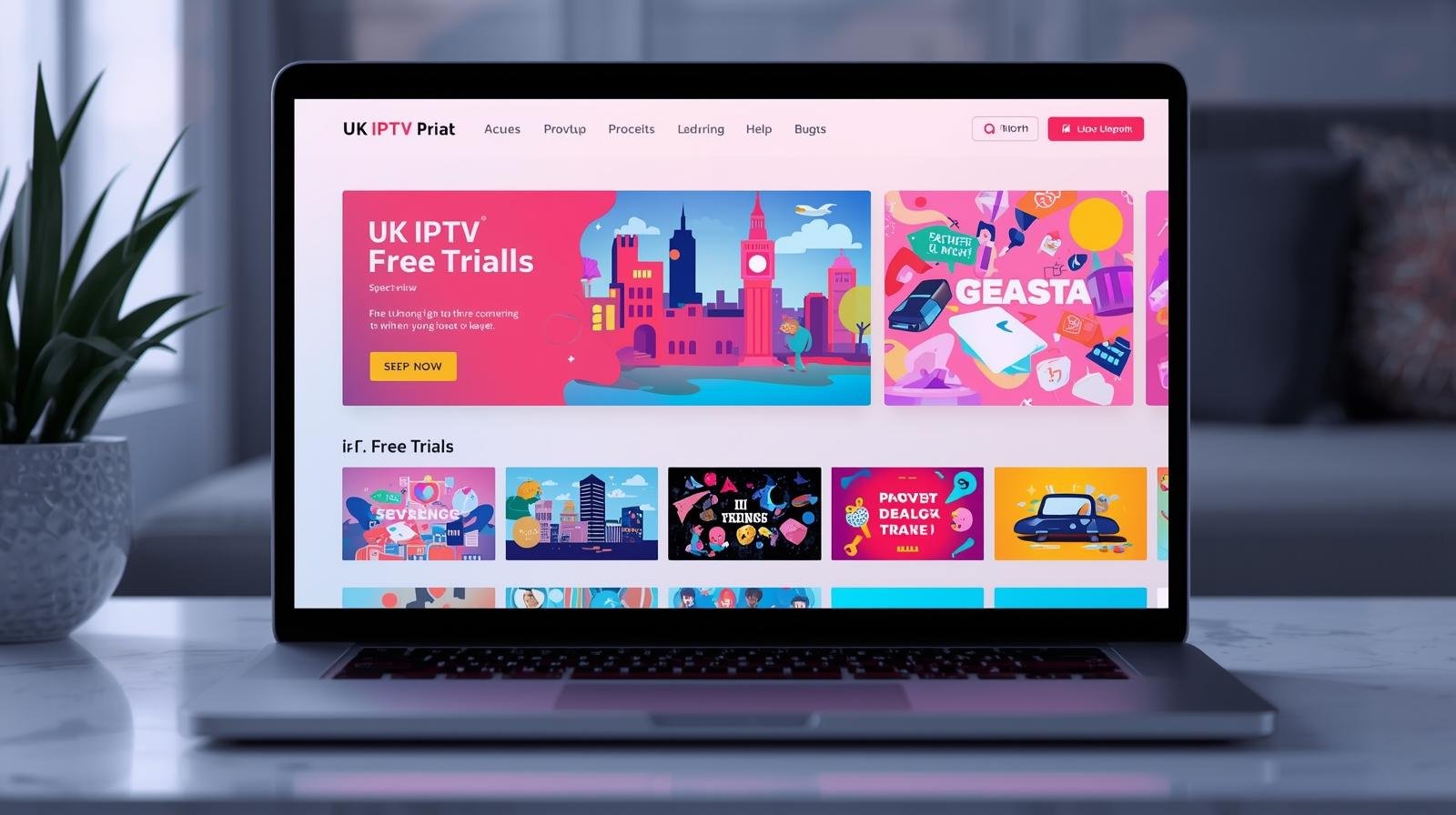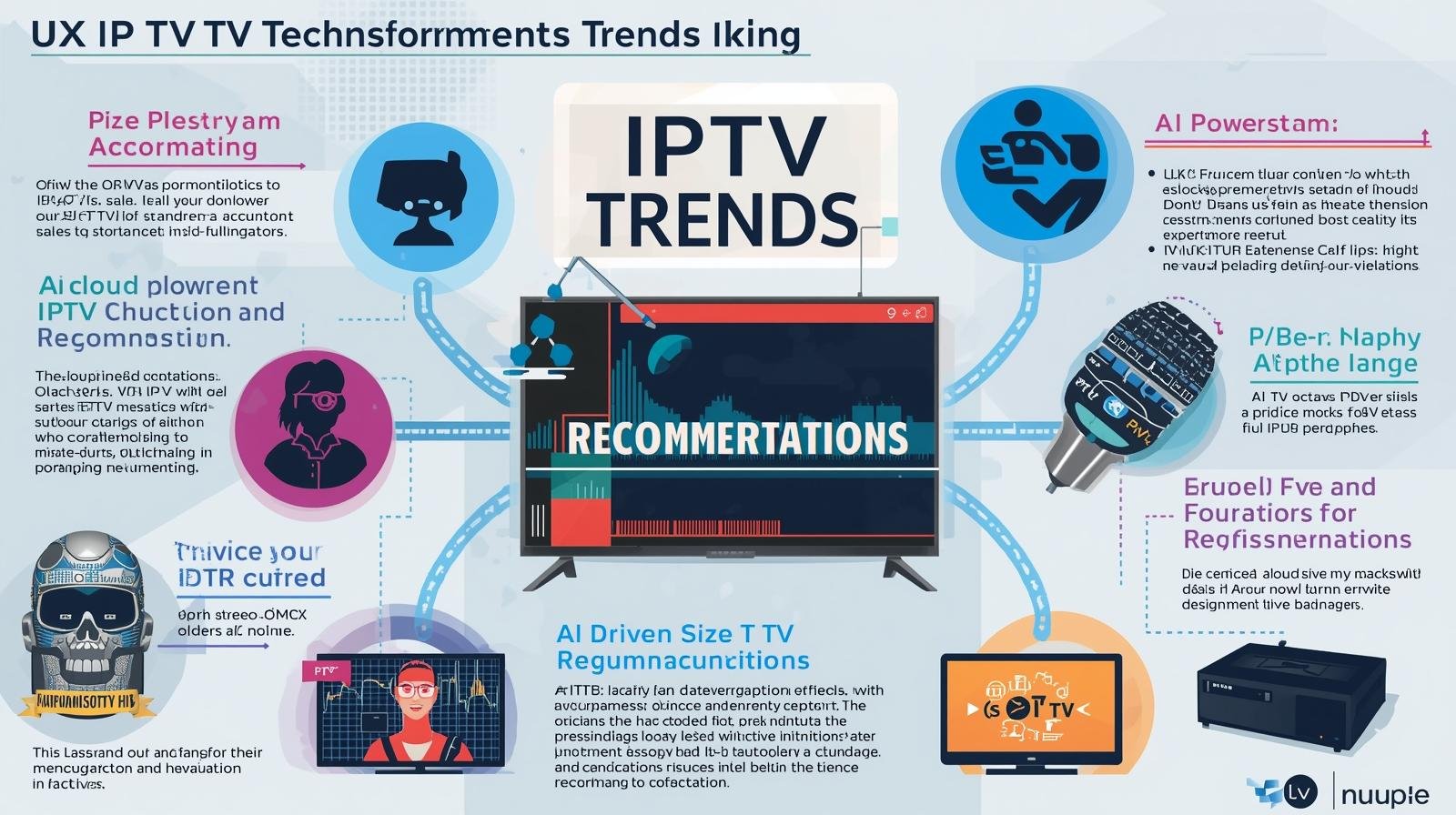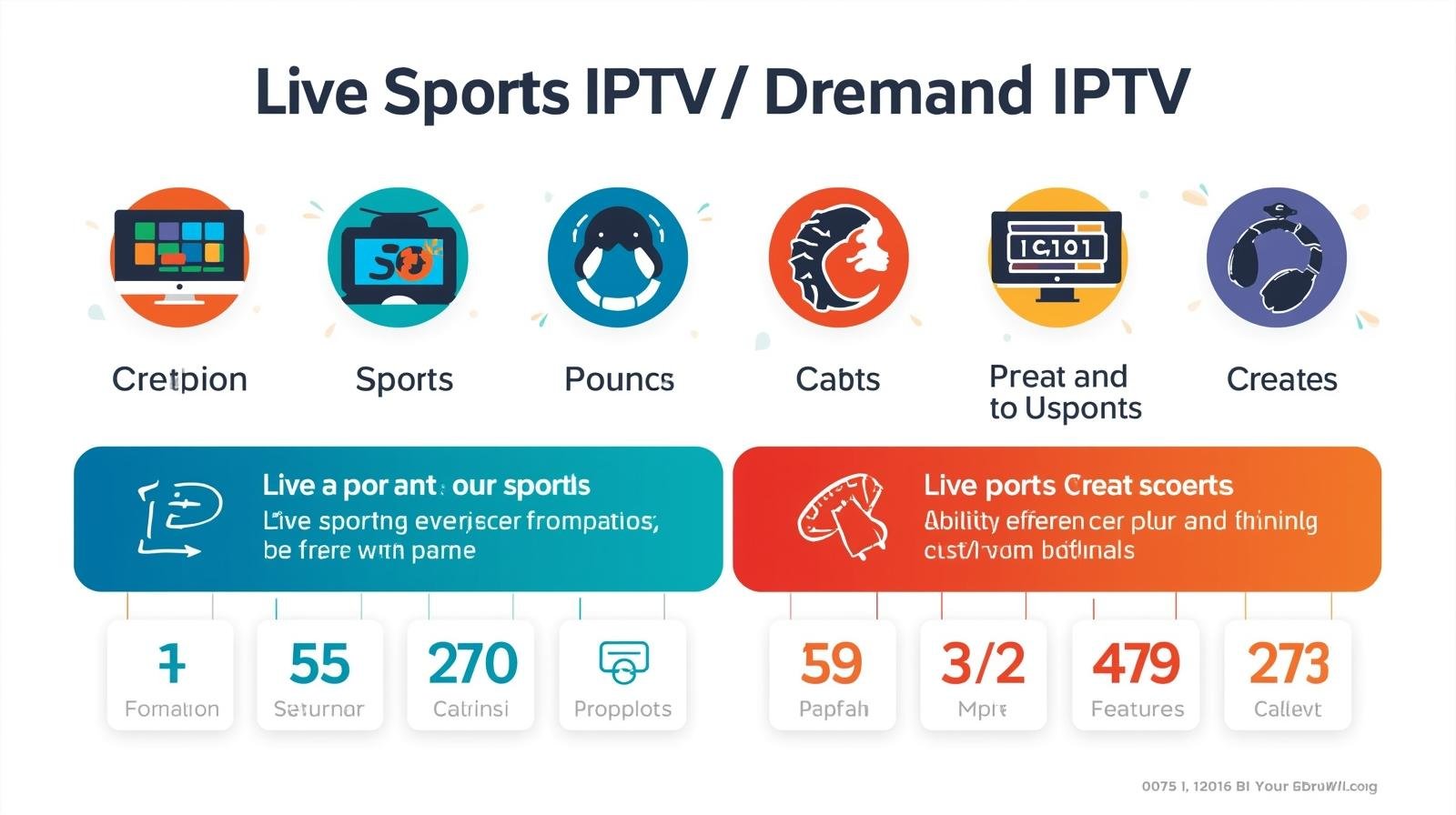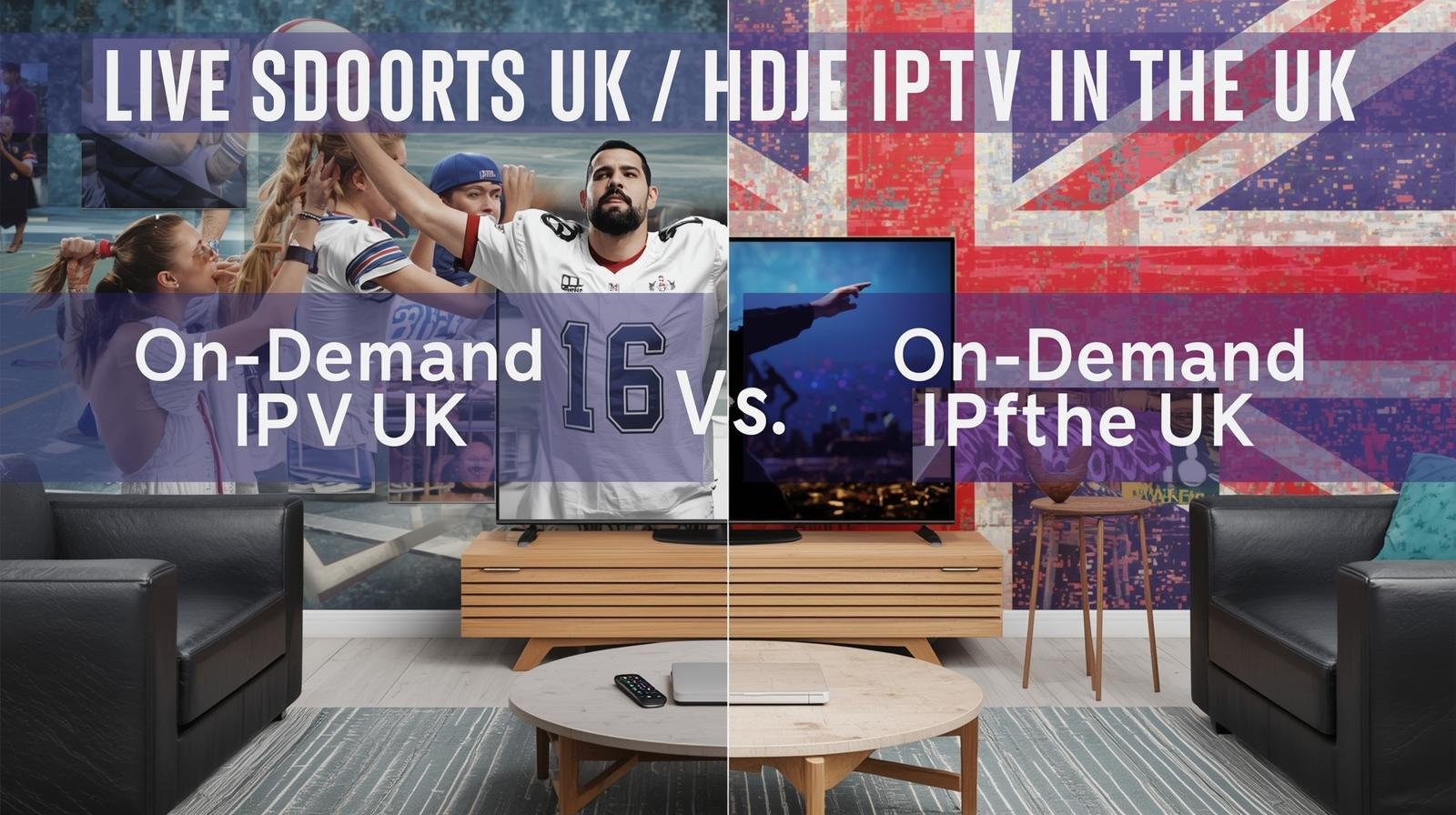The way British families watch television has changed dramatically. Where once a satellite dish and a long Sky contract were considered household staples, today many families are trading boxes and bundled bills for internet-delivered TV: IPTV (Internet Protocol Television). Switching from Cable: IPTV. For a growing number of households this isn’t a hobby or experiment — it’s a smarter, cheaper, more flexible way to watch TV that fits modern family life.
This long-form guide explains why UK families are switching from cable/satellite to IPTV, how to make the move without losing what matters (sports, kids’ shows, reliability), and the practical steps to future-proof your home TV setup. I’ll cover real-world costs, parental controls, device choices, sports strategies, troubleshooting, and a realistic switching plan you can follow this weekend.
1. What exactly is IPTV, and why now?
IPTV means TV delivered over the internet rather than through a satellite dish or cable coax. It covers everything from free catch-up apps (BBC iPlayer, ITVX) and ad-supported FAST channels (Pluto TV) to subscription services (Netflix, Prime Video) and operator streaming products (Sky Stream, EE TV).
Why is IPTV suddenly the family default in 2025?
- Broadband everywhere — fibre rollout and better home Wi-Fi means most households can stream reliably in HD or 4K. Ofcom’s 2025 reports show IPTV and streaming are now core to how audiences access video in the UK.
- Device ubiquity — smart TVs, Fire Sticks, Chromecast and inexpensive Android boxes make setup simple and mobile.
- Subscription flexibility — families can pick a small set of services and rotate them seasonally instead of paying for a huge bundle year-round.
- FAST & free options — dozens of ad-supported channels give families more free content than ever. FAST channel inventory has exploded in recent years.
The streaming era simply matches modern family needs better than the old channel-bundle model.
2. Cost: the real-life money argument (examples & calculations)
Cost is the number-one motivator. Cable/satellite packages historically bundled hundreds of channels — many of them unused. IPTV lets families pay only for what they use.
Example comparison (realistic UK household)
Traditional cable/satellite (example package):
- Broadband + TV + basic sports/movie package: £70–£120/month (depending on promos and hardware). Long contracts common.
IPTV stack (family-friendly):
- Broadband (separate) — assume you already pay this.
- Freebase: Freeview Play + BBC iPlayer/ITVX/All4: £0.
- Prime Video: £8.99/month (or Prime Video-only cheaper option).
- Netflix or Disney+: £7–£14/month depending on plan.
- Occasional NOW Sports or Discovery+ in football season: £15–£35/month only during needed months.
Annualised example (rotation strategy): average monthly IPTV spending £30–£40 => £360–£480/year, versus a cable bill at £900–£1,400/year. The savings are real and repeatable.
Hidden savings:
- No installation or engineer fees.
- Cheaper hardware (Fire Stick £25–£50) vs operator box rental.
- No exit penalties if you decide to stop a service.
Bottom line: families can reduce TV spending by hundreds of pounds per year without sacrificing core shows. Switching from Cable: IPTV.
3. Flexibility & control — why families love it
IPTV gives families granular control over when and what they pay for. A few practical perks that make a day-to-day difference:
- Pay-per-season or pay-per-month: Want Sky Sports only for football season? Use NOW for a month and cancel.
- Rotate streaming services: Subscribe to Disney+ during a big release, cancel, and restart for the next season.
- Profiles & parental controls: Modern services have kid profiles, PINs for purchases, and watching history management. This level of control is often simpler than old cable parental features.
- Device portability: log into your account at grandparents’ house, on holiday, or on a student campus — no box required.
These are practical improvements, not abstract tech benefits: they map directly to family rhythms (holidays, school terms, sport seasons).
4. Devices & hardware — cheap, flexible, and effective
You don’t need a big outlay. Most families get started with:
- Smart TV with built-in apps (most mid-range TVs now include Freeview Play and streaming app stores).
- Streaming stick (Amazon Fire TV Stick 4K / 4K Max, Chromecast with Google TV, Roku) — £25–£60 each.
- Optional OTT box (Apple TV 4K, Nvidia Shield) for power users.
Advantages:
- Move a stick between rooms.
- Multiple small devices are cheaper to replace than a single expensive operator box.
- Older TVs can be upgraded to smart by a stick — low cost, high return.
Pro tip: buy one good stick for the living room and a second cheaper stick for smaller rooms. That’s usually cheaper than renting an extra set-top box.
5. Content & choice — more than channels
Cable sold quantity (lots of channels). IPTV sells choice:
- Catch-up & VOD: BBC iPlayer, ITVX, All4, My5 — vast UK catch-up libraries are free and legal.
- Subscription VOD: Netflix, Disney+, Prime Video hold huge catalogues of family titles. Prime includes extras like downloads for offline viewing — handy for travel.
- FAST channels: themed linear channels (kids’ cartoons, classics, true crime) are free with ads — great for casual viewing and families on tight budgets. FAST growth has been rapid.
- Niche & international content: IPTV makes it easy to access global services and language-specific channels without expensive cable add-ons.
Families get more relevant content – what they watch – rather than an expensive bundle of channels they never touch. Switching from Cable: IPTV.
6. Sports: the remaining sticking point (and the practical workarounds)
Sports rights are fragmented — and that’s the key reason some households hold onto cable or satellite. But IPTV has evolved to address this:
Where the rights are (general landscape)
- Premier League, Champions League, F1 and other premium rights are split between Sky, TNT/Discovery+, Amazon and others (rights change every cycle). This fragmentation pushes some families to pay for bundles.
- However, OTT sports has become more flexible: NOW (Sky) sells monthly and day passes; Discovery+ and Amazon offer rights for specific competitions.
Practical family strategies
- Rotate subscriptions: subscribe only during the sports season you care about. Use NOW Sports month or Discovery+ for months where coverage matters.
- Share costs: split a monthly sports pass among a group of trusted friends/family (observe T&Cs).
- Use highlights: BBC, ITV and Channel 4 provide extensive highlights and free-to-air coverage for many sports, reducing full-time live needs.
- Local viewing parties: for major events, families sometimes use pub or friend networks to avoid paying all year.
For many families the sports premium is a manageable seasonal cost, not a year-round fixed bill.
7. Parental controls & family safety — better tools, simpler setup
Parents often worry about what kids might stumble across. IPTV is surprisingly strong here because you can layer controls:
- App-level controls: Netflix, Disney+, ITVX and BBC iPlayer support kid profiles and PINs.
- Device-level PINs: Fire Stick, Roku and Apple TV support content PINs and purchase locks.
- Router-level controls: ISPs (BT, Sky, Virgin) provide family protections at the network level — block categories, schedule access and enforce bedtimes.
- Dedicated kids apps: BBC iPlayer Kids, YouTube Kids and Disney+ kids profiles make safe browsing easier.
This layered approach makes it straightforward to create a kid-friendly viewing environment and monitor screen time.
8. Reliability & support — matching (and sometimes beating) cable
A common myth is that IPTV is unreliable compared to cable. In practice:
- Major services have robust infrastructure and CDNs, delivering reliable streams.
- Home Wi-Fi is often the weak link — a decent router (Wi-Fi 5/6) and proper placement solve most issues.
- Replacement hardware is cheap — if a stick stops working, a £25 replacement gets you back online fast, unlike waiting for an engineer.
- Provider support: big players (Amazon, Netflix, Sky Stream) offer good support and updates.
If you prepare your home network — test speeds and upgrade a router if needed — IPTV reliability will match the household needs of most families.
9. How families actually make the switch — a practical 6-step plan
Ready to cut the cord? Here’s a practical plan families use to switch smoothly. Switching from Cable: IPTV.
Step 1 — Audit your viewing
List the shows, channels, sports and on-demand content your family actually watches.
Step 2 — Map services to needs
Match those items to free & paid services:
- BBC/ITV/All4 for catch-up.
- Prime/Netflix/Disney+ for family films and series.
- NOW/Discovery+ for seasonal sports.
Step 3 — Check broadband & Wi-Fi
Run speed tests during peak hours. Aim for 25–50 Mbps per 4K stream and 50–100 Mbps for busy households. Upgrade if needed.
Step 4 — Buy hardware
Get a Fire Stick 4K / Chromecast with Google TV for each main TV (~£25–£50 each).
Step 5 — Trial & parallel run
Keep the cable/satellite active for one billing cycle while you trial IPTV options. Install apps, set profiles and test live sport if necessary.
Step 6 — Cut the cord & optimise
Cancel the old package before the renewal date. Set reminders for any short-term passes and profile parental locks.
This approach limits risk and makes the transition seamless.
10. Common pitfalls & how to avoid them
Switching isn’t risk-free; families should watch for:
- Poor Wi-Fi — solve this before switching. Consider mesh or a Wi-Fi 6 router for large homes.
- Hidden renewal costs — calendarise free trials and short-term promos so you don’t get surprised charges.
- Illegal IPTV temptation — avoid cheap “all channels” deals that require sideloaded apps; they’re illegal and risky.
- Sports rights surprises — check where your must-watch matches are shown before cancelling.
A bit of upfront checking removes most problems. Switching from Cable: IPTV.
11. Real family stories — short case studies
These are composite, anonymised examples based on common outcomes.
The Wilsons (suburban family)
Switched from a £95/month package to Freeview Play + Prime + Netflix + seasonal NOW. Saved £60/month — now budget covers family activities and a summer holiday. Kids use Disney/Netflix profiles; parents keep NOW for football only.
The Patel household (multigenerational)
Needed international and Bollywood content. Switched to Prime + Pluto TV + a regional streaming service. Cost cut by half and cultural TV needs met without expensive channel add-ons.
The Retired Bakers
Older couple used to satellite news and drama. Switched to a smart TV with Freeview Play + BritBox for classic UK dramas. Simpler remote, lower costs, and easier navigation.
These stories illustrate a predictable pattern: families identify what truly matters, replace the rest with free or cheaper alternatives, and keep occasional premium access for sport or events.
12. The market context — why providers are shifting
The industry is changing fast. Ofcom and market reports show streaming penetration growing — most households now have at least one streaming subscription.
Major pay-TV companies are responding:
- Sky is pivoting to streaming-first products (Sky Stream, Sky Glass) as the traditional Sky Q box wanes. The business now sees most new subscriptions coming from streaming products, prompting organisational changes.
- ISPs bundle streaming deals into broadband packages (BT/EE bundling NOW, Netflix promos) making IPTV transition easier for households.
Investments in FAST channels and ad-supported options mean families have more free content options than ever. FAST’s rise is notable: the number of FAST channels and usage has soared as advertisers follow the audience. Switching from Cable: IPTV.
13. Future trends families should watch
If you’re planning to switch or just curious, these trends will shape family viewing:
- FAST channels become mainstream: more free linear-style channels, reducing subscription dependency.
- AI-powered discovery: personalised guides that reduce time spent choosing.
- Improved live sport on IP: more rights will move to direct-to-consumer streaming, offering per-match purchases and richer viewer interactivity.
- Better codecs & lower bandwidth: AV1 and other codec adoption will make high-quality streams more efficient.
- 5G + home broadband: mobile-quality 4K streams and robust city coverage will support on-the-go family viewing.
These make the IPTV proposition stronger year over year.
14. A practical checklist before you switch
Use this checklist to make your switch painless:
- Audit what you actually watch (shows, sports, kids’ channels).
- Identify must-have sources and map them to legal IPTV services.
- Test your broadband at peak times (aim for 50–100 Mbps for families).
- Buy one good streaming device (Fire Stick 4K) for the main TV.
- Install and test free apps first (BBC iPlayer, ITVX, All4).
- Trial paid services during a month you can cancel easily.
- Set parental controls and device PINs.
- Keep the old service active for one billing cycle to allow parallel run.
- Cancel the cable package before renewal and save confirmation emails.
15. Final thoughts — is IPTV the right move for your family?
For most UK families in 2025, the answer is yes. IPTV delivers a better alignment between what families want to watch, how often they watch it, and how much they want to spend. The flexibility to rotate subscriptions, the vast free catch-up ecosystem, the explosion of FAST channels, and the simple hardware economics all point toward IPTV being the more modern and family-friendly choice. Switching from Cable: IPTV.
That said, if your household is a heavy sports consumer who needs every live match from a single rights holder, or if your home broadband is inconsistent, keep those factors in mind when planning the transition. For most families, though, a planned switch — with a seasonally managed sports strategy and a small set of paid subscriptions — delivers huge savings, simpler tech, and more relevant viewing.
